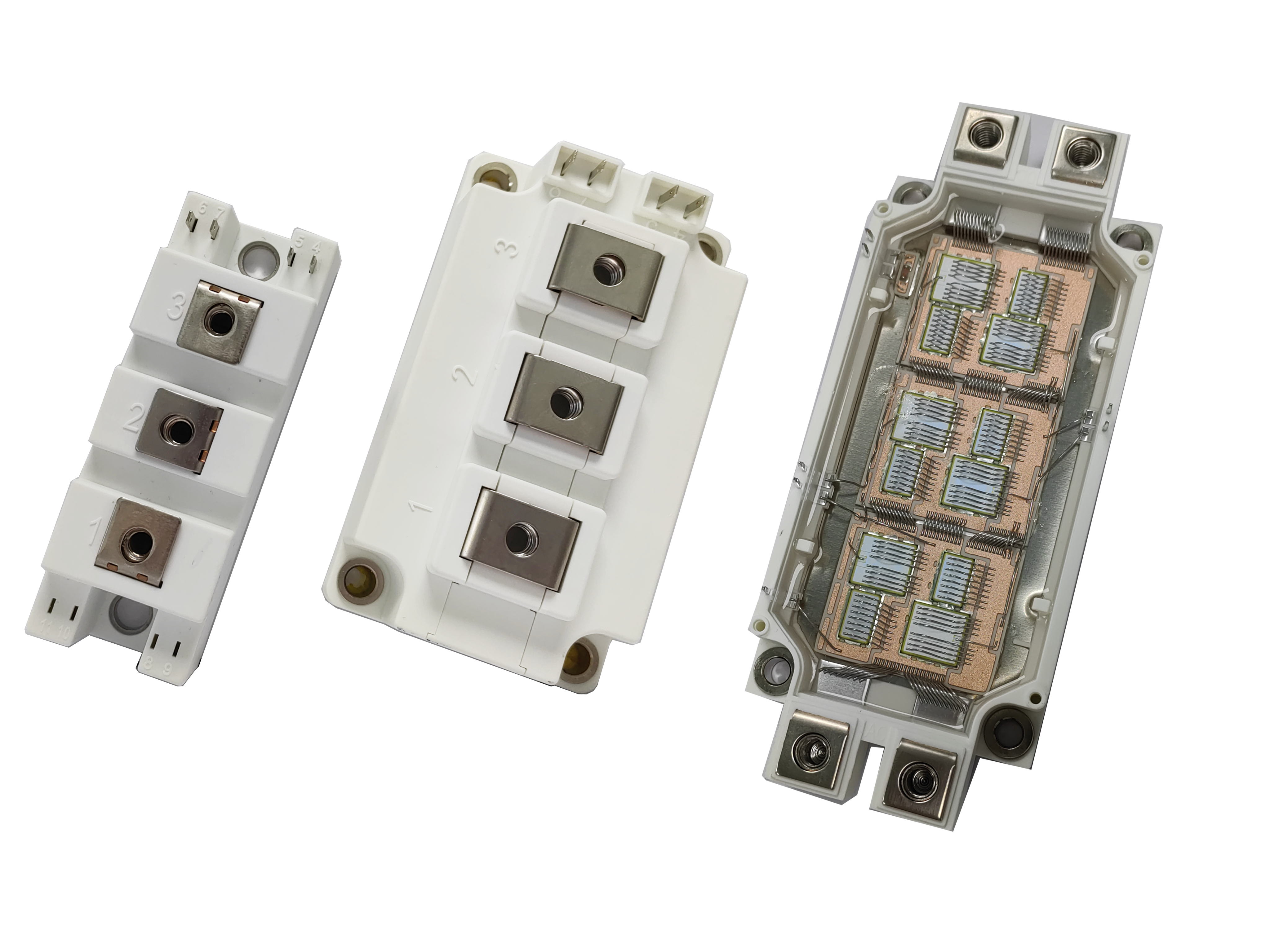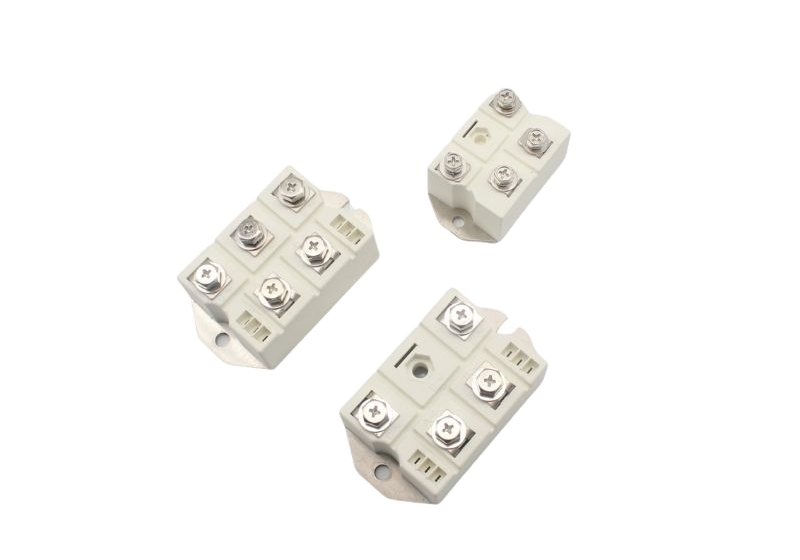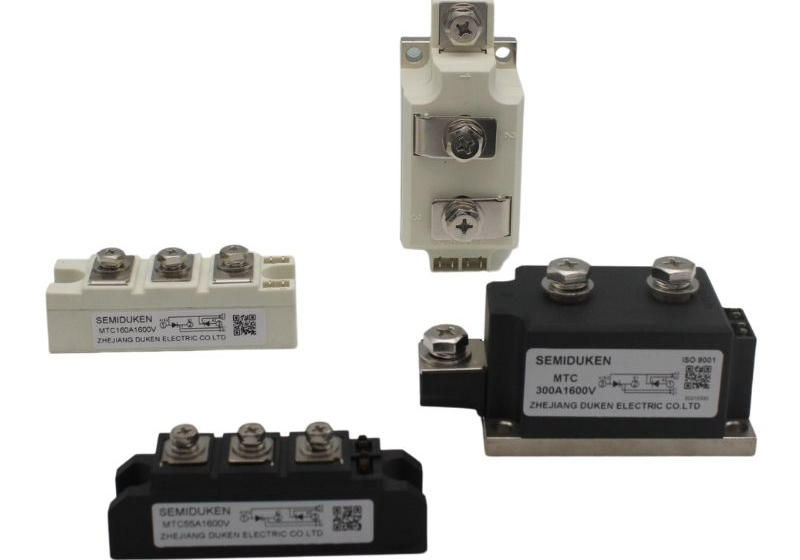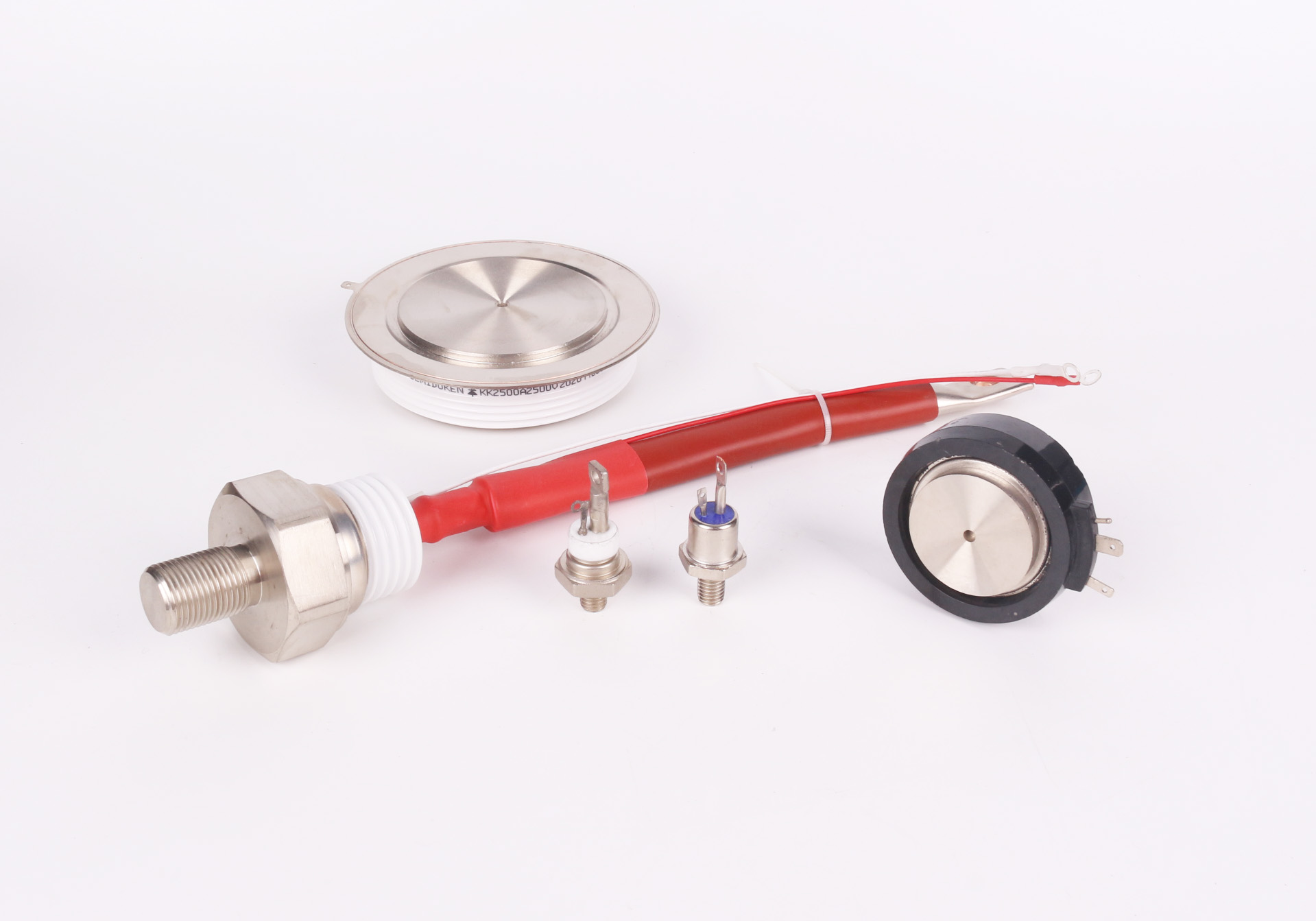Enhancing Motor Soft Starter Performance with Advanced Thyristor Modules
Introduction
Upgrading motor soft starters with advanced thyristor modules is a key step in ensuring optimal performance and energy efficiency. These modules, which regulate the flow of electrical current, play a vital role in ensuring smooth startup operations and protecting sensitive components from power surges. The careful selection of thyristor modules during system upgrades can significantly enhance the efficiency, reliability, and longevity of both the motor and its associated systems. This article will explore the importance of selecting high-performance thyristor modules, focusing on key features such as high surge current handling, low on-state voltage, and dual thyristor configurations.
1. The Role of Thyristor Modules in Motor Soft Starters
Motor soft starters are essential components used to gradually increase the voltage supplied to motors during startup, thus reducing mechanical shock and electrical surge. Thyristor modules are integral to this process, as they provide the precise control necessary to limit the inrush current that typically occurs during motor startup. The right thyristor modules can also help mitigate issues such as voltage spikes, which could otherwise damage sensitive motor components.
In applications such as furnace heating and HVAC systems, where precise control is essential, thyristor modules must be chosen for their ability to handle high surge currents and provide efficient phase control. Furthermore, industries with large-scale operations that require constant motor speed regulation, such as desalination plants and industrial phase control systems, benefit from advanced thyristor modules that offer low on-state voltage and enhanced current handling capabilities.
2. Key Characteristics of High-Performance Thyristor Modules
HVDC Surge Protection: High-voltage direct current (HVDC) surge protection is a crucial feature in thyristor modules for systems requiring high-voltage stability. This feature ensures that the module can withstand sudden voltage spikes that could damage sensitive components. Industries relying on precision electrical equipment, such as solar inverters, benefit greatly from this added protection.
Low On-State Voltage: A low on-state voltage reduces energy losses, as less power is wasted in the form of heat during operation. In applications where continuous operation is required, such as temperature control systems or industrial motors, low on-state voltage modules help increase system efficiency and reduce operational costs.
High Surge Current Capacity: High surge current capacity is a critical feature for systems that experience sudden electrical surges during startup, such as in furnace heating systems or desalination plants. Modules that can handle high surge currents help prevent overloading and ensure smooth operation without the risk of damage.
Dual Thyristor Configuration: Dual thyristor modules offer enhanced reliability and better current control by managing both positive and negative phases of the electrical current. This configuration is essential in applications where continuous and stable power delivery is necessary, such as in high-power machinery or phase control systems.
3. Applications of Advanced Thyristor Modules
The advanced features of modern thyristor modules make them suitable for a wide range of applications, from industrial machinery to renewable energy systems. Here are a few examples of industries and systems where these modules are essential:
Soft-Start Systems in Industrial Motors: In industries with large motors, such as HVAC systems, soft-start systems with advanced thyristor modules are crucial for ensuring smooth startups. These systems reduce mechanical wear and tear on the motor, extend its operational life, and lower maintenance costs.
Temperature Control in Furnaces and Desalination Plants: Thyristor modules that can handle high surge currents are particularly useful in furnace heating systems and desalination plants. They enable precise control of motor speed and temperature, ensuring efficient operation of these energy-intensive systems.
Solar Inverter Systems: Solar inverters rely on thyristor modules to manage the conversion of DC to AC power. The high surge current capability and low on-state voltage of modern thyristor modules ensure the smooth operation and longevity of solar inverters, even during sudden fluctuations in power demand.
4. Conclusion: Best Practices for Thyristor Module Selection
When upgrading motor soft starters, selecting the right thyristor modules is essential for achieving optimal performance and ensuring long-term reliability. Key factors such as HVDC surge protection, low on-state voltage, and high surge current handling must be taken into account to ensure the module meets the specific needs of the application.
For industries involved in high-power operations, such as temperature control in furnaces, desalination, or solar inverters, advanced thyristor modules with dual thyristor configurations provide enhanced performance, energy efficiency, and reliability. By carefully considering these factors, businesses can improve the performance of their motor soft starter systems while reducing operational costs and extending the lifespan of their equipment.






